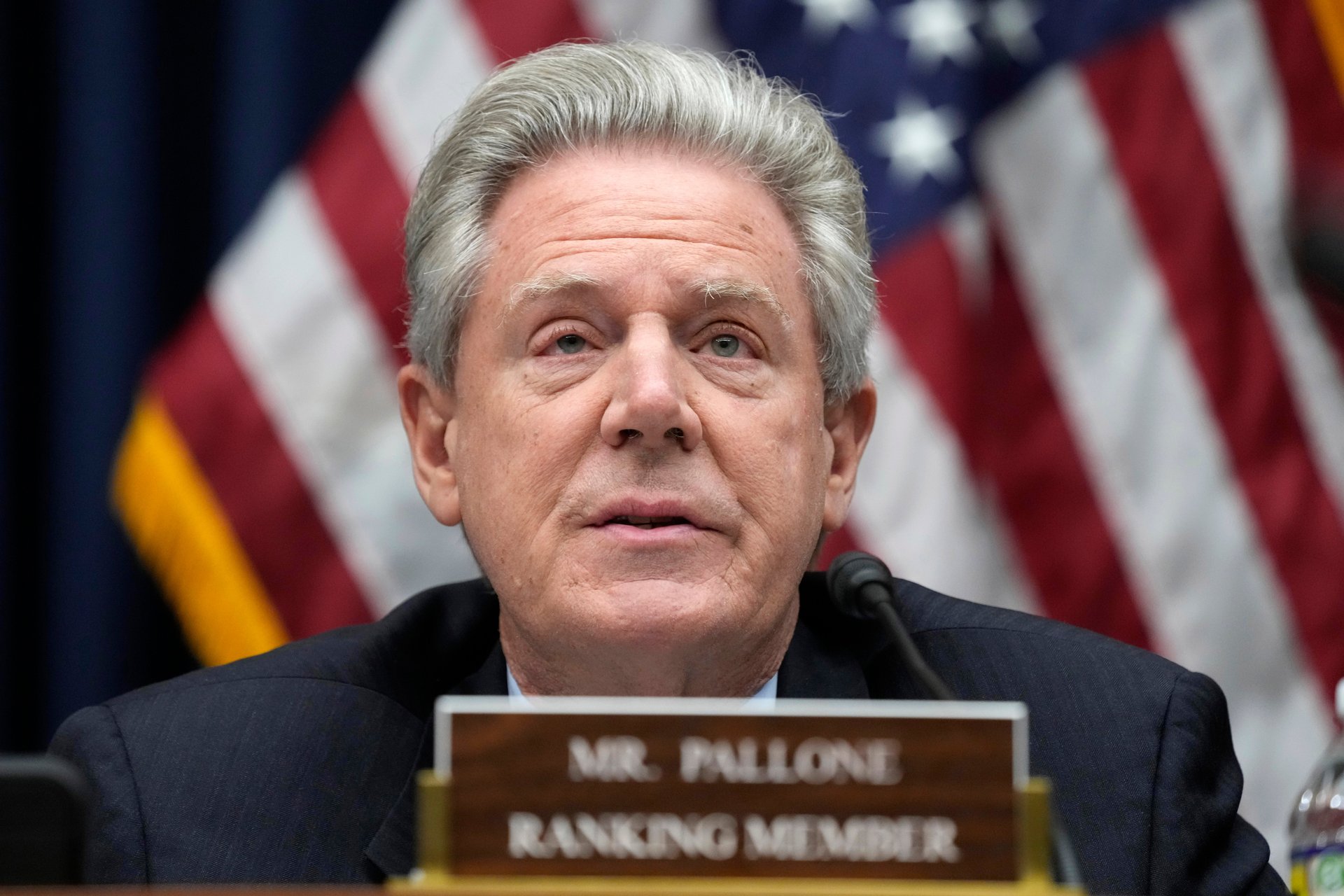EPA awards $1 billion to clean up toxic waste in third cash infusion for Superfund program
The Environmental Protection Agency says 25 toxic waste sites in 15 states will be cleaned up as part of a $1 billion infusion to the federal Superfund program

WASHINGTON (AP) — Twenty-five toxic waste sites in 15 states are to be cleaned up, and ongoing work at dozens of others will get a funding boost, as the Environmental Protection Agency on Tuesday announced a $1 billion infusion to the federal Superfund program.
Suggested Reading
The money is the third and last installment in the $3.5 billion allocated under the 2021 infrastructure law signed by President Joe Biden. It will help clear a backlog of hazardous sites such as old landfills, mines and manufacturing facilities targeted by the 44-year-old Superfund program.
Related Content
Long-contaminated sites slated for cleanup include a former smelting plant in East Helena, Montana; an old textile mill in Greenville, South Carolina, and a New Jersey beach area blighted by lead battery casings and other toxic material used to build a seawall and jetty nearly 60 years ago.
The Raritan Bay Superfund site in Old Bridge, New Jersey, is one of three Superfund sites in the state that will receive new funding. New Jersey is one of several states with more than one project included in the latest round of federal spending. Four sites in Pennsylvania, including the former Valmont Industrial Park in West Hazleton, will receive funding, as will three sites in California and two in New York.
In all, projects in 15 states, plus the U.S. Virgin Islands and Puerto Rico, will receive federal funds.
The money also will be used to speed the cleanup of 85 ongoing Superfund projects across the United States, the EPA said. The agency has vowed to clear a longtime backlog in the Superfund program, which was established in 1980 to clean up sites contaminated with hazardous substances. There are more than 1,300 Superfund sites across the country, EPA said.
The program languished for years because of a lack of funding but has been replenished after Congress included a “polluter pays” tax in the 2021 infrastructure law. The tax took effect in 2022 and is set to collect up to $23 billion over the next five years, said Rep. Frank Pallone, a New Jersey Democrat who pushed for reinstatement of the tax in the 2021 law. Pallone was chairman of the House Energy and Commerce Committee at the time and now is the Republican-led panel's top Democrat.
“Superfund sites threaten public and environmental health across the country,'' including New Jersey, Pallone said, "but with today’s announcement, the Bipartisan Infrastructure Law is continuing to deliver on the promise we made to clean up backlogged sites and give our communities the peace of mind they deserve.”
The program is particularly important to New Jersey, Pallone said. The state has more Superfund sites than any other, and half its 9.3 million residents live within three miles of a Superfund site.
“I really believe that all of our communities across the country deserve to enjoy their towns and use their space without fear of the health risks that come with living near a Superfund site,'' he said. "Corporate polluters — not taxpayers— should pay to clean up the messes they created.''
Tuesday announcement follows more than $1 billion announced in February 2023 and $1 billion announced in December 2021.
“After three rounds of investments, EPA is delivering on President Biden’s full promise to invest in cleaning up America’s most contaminated Superfund sites,” said EPA Deputy Administrator Janet McCabe. She called the funding announcement "an incredible milestone in our efforts to clean up and protect communities, deliver local jobs, enhance economic activity and improve people’s lives for years to come.”
Of the new cleanup sites announced on Tuesday, nearly 80% are in low-income or minority communities that are chronically over polluted, McCabe said.
Thousands of contaminated sites exist across the country as a result of hazardous waste being dumped — often illegally — left out in the open, or otherwise improperly managed, including manufacturing sites, processing plants, landfills and mines. Superfund cleanups help transform contaminated properties and create jobs in overburdened communities, while repurposing the sites for uses including public parks, retail businesses, office space, homes and solar power generation, EPA said.